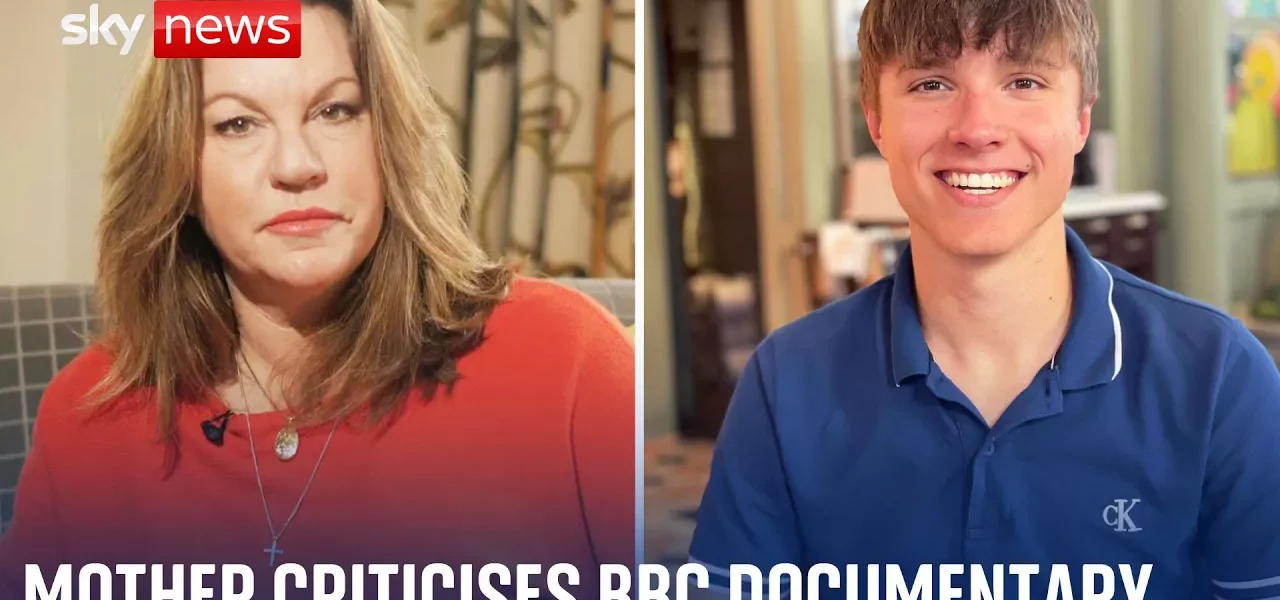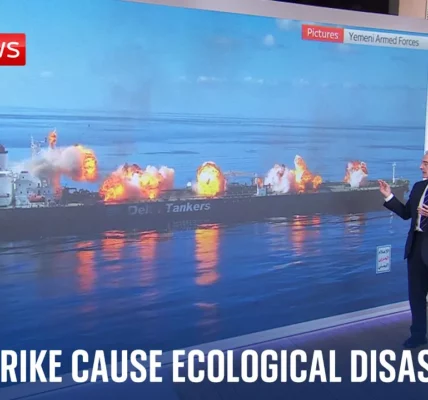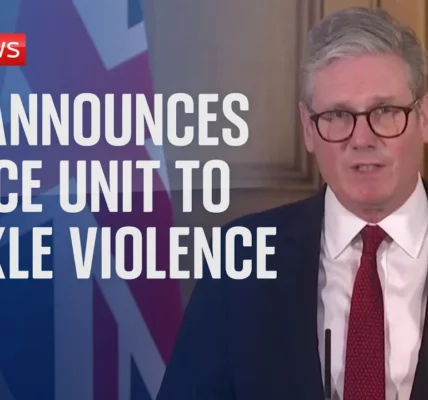Victims’ Families Criticize BBC’s Coverage of Nottingham Attacker Valdo Cak Kan

This article delves into the backlash faced by the BBC following their documentary about Nottingham attacker Valdo Cak Kan, highlighting the concerns raised by the families of the victims regarding mental health services and the media’s handling of the tragedy.
Introduction
The tragic events surrounding the Nottingham attacker Valdo Cak Kan have sparked significant public outcry, particularly from the families of his victims. In a recent BBC Panorama documentary, the focus shifts to Kan’s background and mental health struggles, yet it has been met with criticism for overlooking the voices of those directly affected by his actions. This article explores the controversy, the reactions from the victims’ families, and the broader implications regarding mental health services in the UK.
Understanding the Case of Valdo Cak Kan
Valdo Cak Kan was diagnosed with paranoid schizophrenia in 2020, a condition that would later play a critical role in the tragic events of June last year. His violent actions resulted in the deaths of caretaker Ian Coats and students Barnaby Weber and Grace Om Alik Kumar. Kan eventually admitted to three counts of manslaughter on the grounds of diminished responsibility, raising serious questions about the mental health support he received leading up to these events.
The Warning Signs
As reported, a doctor had warned three years prior that Kan’s mental illness was severe enough that he posed a risk of harming others. Despite this alarming prediction, the system failed to take adequate measures to prevent the tragedy:
- Kan admitted to his mental health team that he had lied about no longer hearing voices.
- His disengagement from the mental health services led to his premature discharge back to his GP.
- An arrest warrant was issued shortly before he was discharged, following an incident where he assaulted a police officer.
Families’ Reactions to the BBC Documentary
The BBC’s documentary has elicited a strong backlash from the families of the victims. Emma Weber, the mother of Barnaby Weber, expressed deep concern over the lack of consideration shown to the families during the production of the documentary:
Trauma and Media Responsibility
Families are grieving, and the media’s portrayal of these events can compound their trauma. Emma Weber’s statement underscores the emotional toll that such programming can take:
“The families raised their concern at the lack of consideration at the appalling trauma this would cause them.”
Calls for a Public Inquiry
In light of the events and the failures highlighted by the documentary, the victims’ families are calling for a public inquiry into the mental health services that were involved with Kan. They seek answers regarding:
- The adequacy of the mental health support provided to Kan.
- Whether the police and mental health services fulfilled their duty to protect the public.
- What changes can be made to prevent similar tragedies in the future.
The Role of Mental Health Services in Preventing Violence
This case highlights critical issues within the mental health care system in the UK. Experts note that there is a significant burden on mental health services, which can lead to gaps in care and monitoring:
Challenges Faced by Mental Health Services
Several factors contribute to the challenges faced:
- High demand for mental health services leading to stretched resources.
- Inadequate follow-up procedures for patients with severe conditions.
- Insufficient training and resources for staff dealing with high-risk patients.
Conclusion
The case of Valdo Cak Kan serves as a painful reminder of the potential consequences of failing mental health services and the profound impact of violent crime on families and communities. As the families of the victims continue to seek answers and accountability, it is crucial for both the media and mental health services to reflect on their responsibilities. The call for a public inquiry is a step toward ensuring that lessons are learned and that future tragedies can be prevented. We encourage readers to stay informed about this developing story and support the families in their quest for justice.
“`




